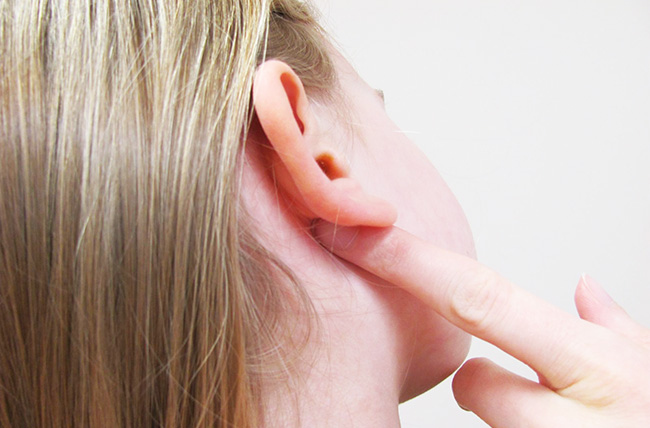Whether you get a headache every now and then like most people or encounter it all the time like almost 5 percent of adults who suffer from chronic headaches, this article is made exclusively for you. This is especially true if you’re wondering why you often have pain on the top of your head.
Before you proceed, let’s get one thing clear — none of the details below should be mistaken for as medical advice which can only come from the mouth of a health care provider. If your headache doesn’t seem to want to go away or is accompanied by other unusual symptoms, pay your doctor a visit without any delay.
Tension-Type Headache
Regarded as the most common type of headache, tension-type headache or TTH is usually due to stress, staring at a computer screen for a long time, engaging in certain physical activities and consuming some types of food. It makes you feel as though there’s a tight band around your forehead or there’s a weight resting on the top of your head.
Sinus Headache
Another type of headache that can leave the top of your head feeling achy is a sinus headache. Just like what the name says, it’s a headache that’s due to sinusitis — inflammation of the sinuses. Because of very similar symptoms, a lot of people tend to mistake a sinus headache for the one that’s discussed next.
Migraine
It’s common knowledge among migraine sufferers that migraine is something that can cause pain on either side of the head. However, in some cases migraine causes pain on the top of the head, too. Unlike a typical headache, it’s not uncommon for migraine to be accompanied by nausea and vomiting, and preceded by what’s called an aura.
Primary Cough Headache
Coughing can cause you to strain your neck and head muscles, and it’s no wonder why it’s something that can leave you with a headache. More often than not, a primary cough headache can cause sharp or dull pain on the top of your head. You can also get it from laughing or crying hysterically, sneezing and blowing your nose.
Brain Freeze
Doctors refer to it as cold-stimulus headache but everyone calls it brain freeze. If you have already experienced it, then you know how very uncomfortable this transient type of headache is. No one really knows the exact reason why brain freeze happens, but scientists say that it’s due to a sudden alteration in the blood flow to the brain.
Cluster Headaches
Do you regularly encounter a series of short bursts of pain in your head that are intense? Then you may be suffering from what’s known as cluster headaches. Usually, cluster headaches strike every single day for several weeks of even month. Aside from pain in the head, cluster headaches can also cause one eye to feel achy and also appear red.
Cervicogenic Headache
According to health authorities, a cervicogenic headache is a symptom of a medical problem. In the case of a cervicogenic headache, a problem with the spinal bones, disc or soft tissue situated in the neck is the root cause. The pain usually originates from the base of the skull and spread upwards.
Medication Overuse
We all know that some medications, OTC and prescription alike, can cause a headache as a side effect. Are you aware that overusing certain medications can in fact leave you with a nasty headache? This is most especially true if you take high doses of them for long periods of time and you suddenly quit taking them.








